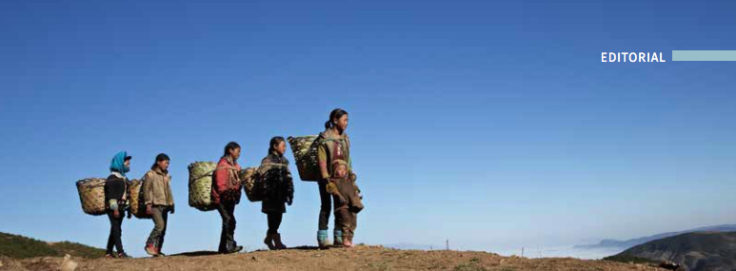
Search
New Version of the Global MPI – Editorial April 2019

In this new edition we present an interview by Sabina Alkire with former President of Colombia and Nobel Peace Prize winner, Juan Manuel Santos. In the conversation, Santos explains the reasons that led him to create the Colombian Multidimensional Poverty Index (MPI) and how it was used to improve the efficiency of social policies.
The special report in this edition looks at the new version of the global MPI, which was launched by OPHI and the United Nations Development Programme (UNDP) in September 2018 with the participation of Nobel Prize laureate in economics Angus Deaton. In addition to Deaton’s contribution, we also publish an article by Usha Kanagaratnam, who oversaw the team that revised the index, explaining the main changes. Closing this section, Luis F. López-Calva describes what is the global MPI’s added value in the Latin American and Caribbean context.
Usually, when we think of multidimensional or monetary poverty we focus on developing countries and do not consider what is happening in advanced economies. Nicolai Suppa proposes a measurement of multidimensional poverty for Germany and describes the challenges of creating a measurement of this kind for an economic power. Spoiler alert: Multidimensional poverty does exist, and it is probably more common than you think.
One of the people with the most experience in the implementation of national MPIs is John Hammock. In his article he highlights two key aspects of these indices that make them efficient tools in the effort to put an end to poverty in all its forms. What data sources can be used to identify poverty levels within a country? In the ‘Data of the Month’ section we discuss the advantages and disadvantages of censuses, administrative records and household surveys as sources of data to measure multidimensional poverty.
We invite you to read Dimensions, a new perspective for understanding poverty.
Carolina Moreno and Diego Zavaleta
Editors
This article was published in Dimensions Magazine 6 (PDF).
Original in Spanish. Thanks to Theodora Bradford (UNV) for this article translation.
















